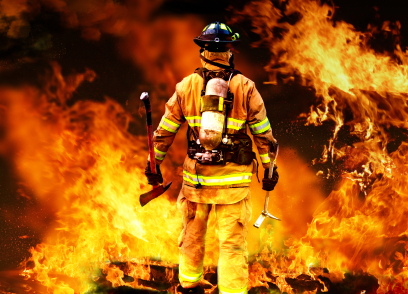 When you were a kid and people asked you what you wanted to do for a living, chances are at one point you said you wanted to be a firefighter (I know I did).
When you were a kid and people asked you what you wanted to do for a living, chances are at one point you said you wanted to be a firefighter (I know I did).
You’re a grown up now, and I’m willing to bet that only a handful of people reading this post are actually a firefighter. But how much of your time do you currently spend fighting fires, dealing with other people’s emergencies, and managing crisis? Probably way too much.
The first thing you have to do if you want to get out of firefighting mode is to start searching for arsonists. Arsonists are people or situations that tend to start your fires. Yes, some are unavoidable, and there’s nothing you can do about those, but many can be minimized or avoided all together simply by better communication and clarification of expectations.
Start making a mental note of the people and situations that contribute to your fires and emergencies. Look for patterns and trends. More importantly, pay attention to how you react and respond. We train people how to treat us, and your actions, attitudes, or behaviors might be contributing to the problem without even realizing you’re doing it.
Who or what starts most of your fires? What can you do this week to put those fires out?


Anne, thank you so much for this blog. It takes only a minute or two to read each Monday, and sets a good tone for the work week.
You’re so welcome, Carolyn! I’m thrilled you enjoy it.
I give a talk at film schools and colleges called “How to Survive in Hollywood (Despite having a Female Brain) and it contains a section about how and why the corporate structure was built to reward people who put out fires much more highly than it rewards those who prevent fires from ever starting. If preventing fires was as highly valued a skill as putting them out, everything would run more smoothly.
Amen to that, Val. You are right on the money.